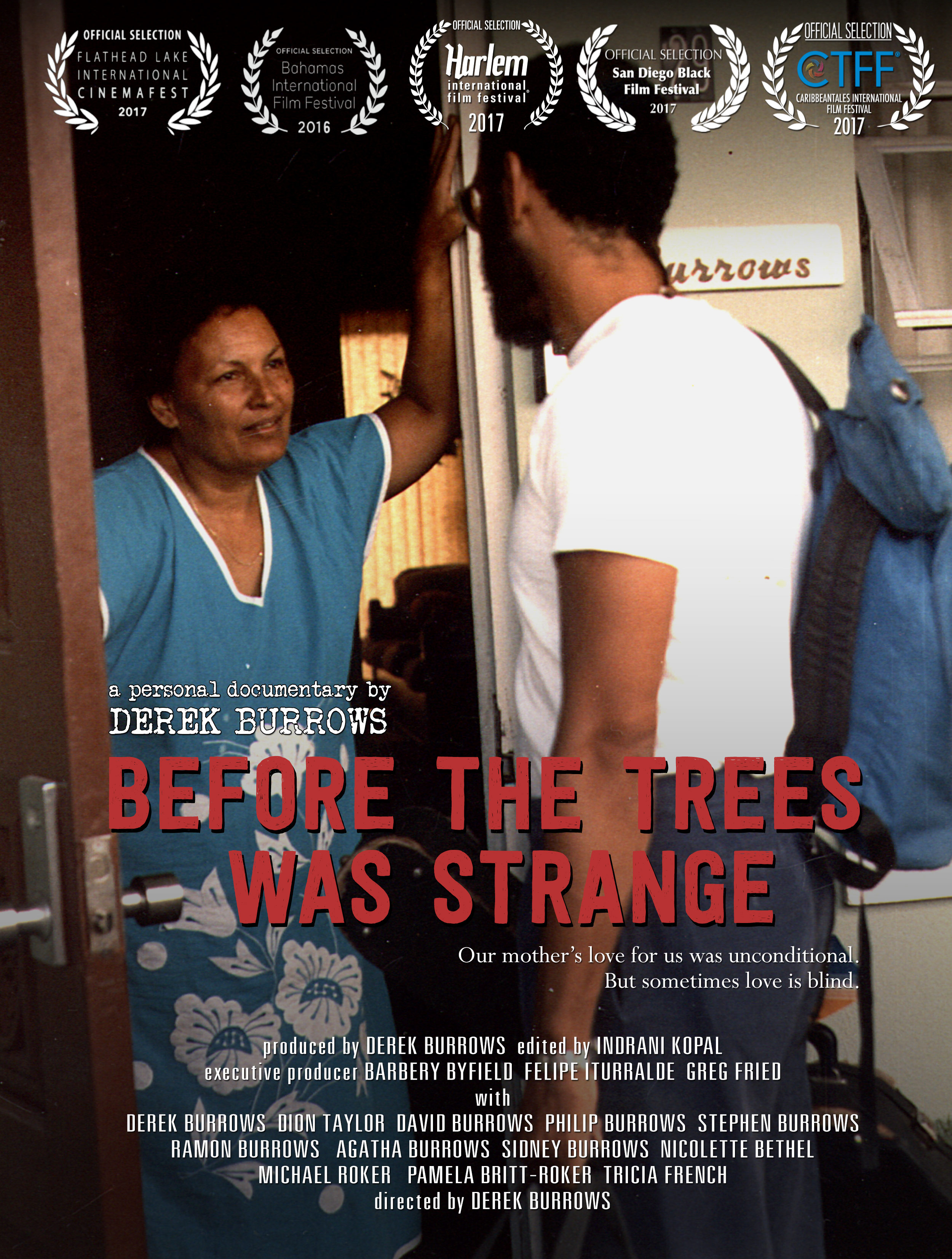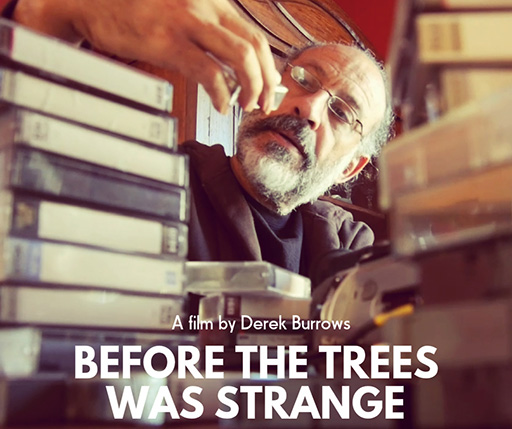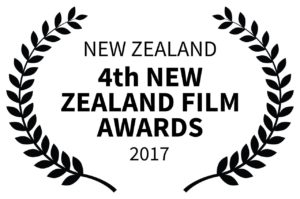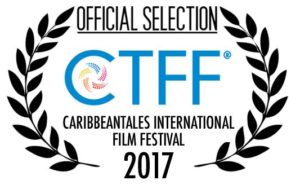
This is a personal documentary about my family and growing up in The Bahamas, focussing on an experience that changed things dramatically for us. I’ve been able to share this film to a diverse audience and it has proven to be a powerful catalyst for important conversations about race, culture, love and forgiveness. The film demonstrates how speaking up about our difficult truths can make a difference and that no act is too small. Change starts at home and within us. At a time when there is so much polarization among us we need more and more to engage in discussions that allow us to see the other and to be seen through personal rather lenses.
To that end I’m excited to tell you that funding is available to make this happen by bringing the film and an opportunity for discussion to your community. Just get in touch with me and we’ll set up a screening and talkback at no expense.
Film screenings provide a space for people to reflect on and share their family stories as well as experiences of prejudices or biases they’ve encountered. Screenings also provide a safe and supportive space for conversation and exploration.
An event typically includes a film screening, followed by an audience reflection on their own similar experiences, creating a sense of shared truth and reducing feelings of isolation. This can best be facilitated by a panel discussion including local faith leaders, professors of diversity, resilience task force leaders, philosophers, and or radio show hosts. With your help, I can help do outreach to such recommended community members.
While the film centers on issues of race within my own family, the discussions are focussed on the experiences of the audience and their personal reflections after seeing the film. At a Malaysian university, students discussed religion and relationships, sharing experiences of being in love with someone from a different faith and their families’ reactions. After a screening in Kentucky an audience member mentioned that he was able to move through the shame he felt in recalling his experience of racism in his family.
I am pleased to bring this film and these conversations to any setting, whether a local library, a religious institution, a college, university, or a community center. Screenings can be held in person or through Zoom. In April I worked with ten classes at Boston College using the film to engage these students involved in community service with people of different cultural backgrounds. I’ve been able to travel to various universities and communities to engage audiences in conversation here in the States and abroad and I continue to be heartened by the power of shared story telling. No venue is too small or large.
If you are ready to bring “Before the Trees Was Strange” to your community please get in touch to discuss this opportunity with me and we can make it happen.
“I am writing to express my heartfelt gratitude for the impact your work has had on me, particularly in light of recent personal revelations regarding my identity. Your documentary provided a platform for me to articulate my thoughts and connect with you and your family who share a similar experience, and I deeply appreciate it.” Student at Boston College.
Trailer. https://vimeo.com/150365185?share=copy
Before the Trees Was Strange has been pre-selected for the New Zealand Film Awards that takes place in September 2017
http://newzealandfilmawards.com
http://worldfilmpresentation.com/Festival/new-zealand-international-film-awards .
Before the Trees Was Strange has been chosen as an Official Selection of the 12th edition of the CaribbeanTales International Film Festival (“CTFF2017”). The festival starts on September 7th in Toronto, Canada.
“Derek Burrows’ autobiographical documentary, “Before the Trees Was Strange” is both a courageous probe of racism where it is unexpected and a sweet, affecting homage to the filmmaker’s remarkable Bahamian family.”
Gerald Peary, film critic, The Arts Fuse
Congratulations! It’s a beautiful and important film, full of heart and soul and intelligence.
This is a stunning piece of work.
“The footage is powerful and the narrative is meaningful. As an anthropologist, I would happily show this film in my courses about race and the Caribbean.”


